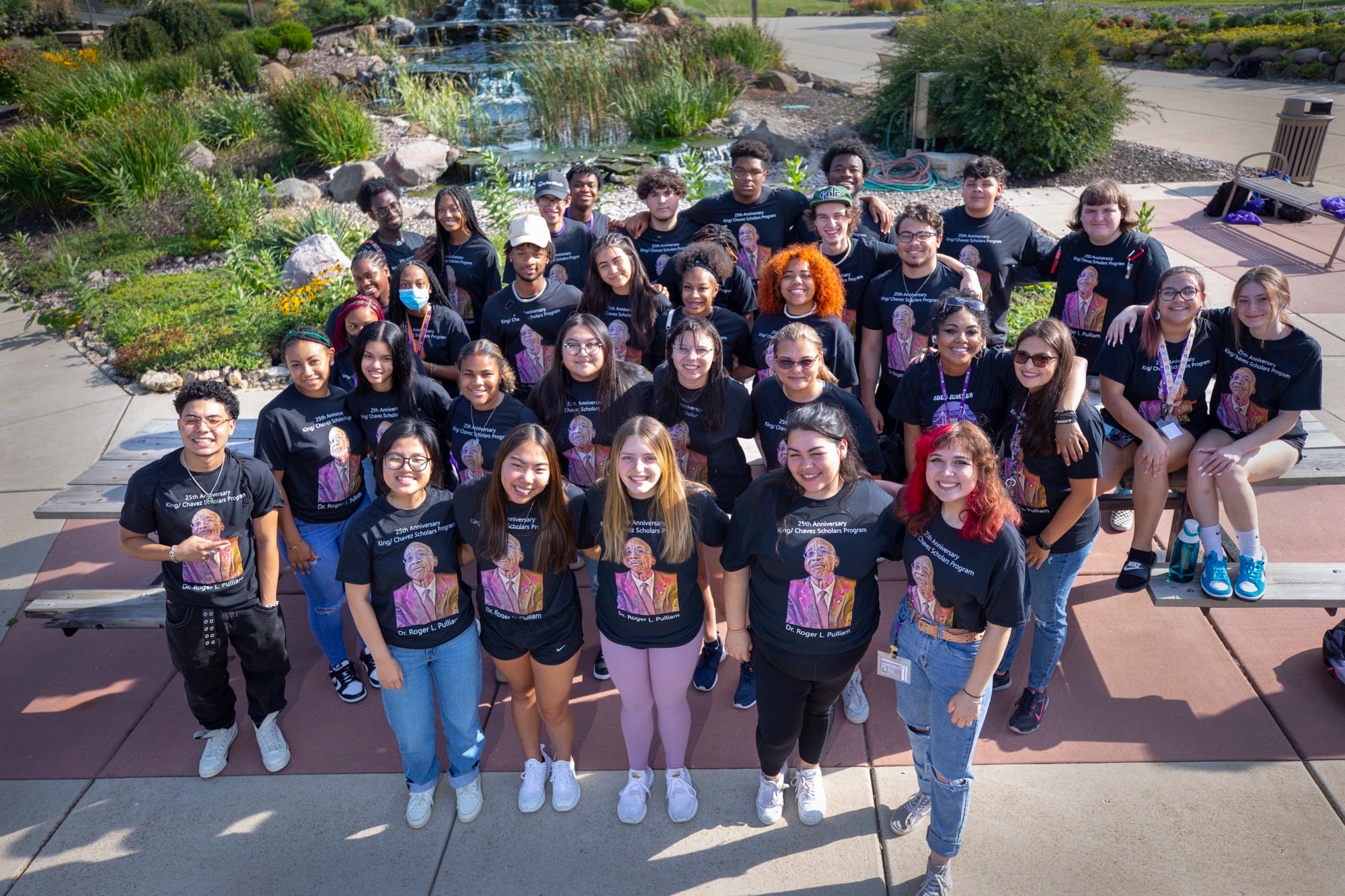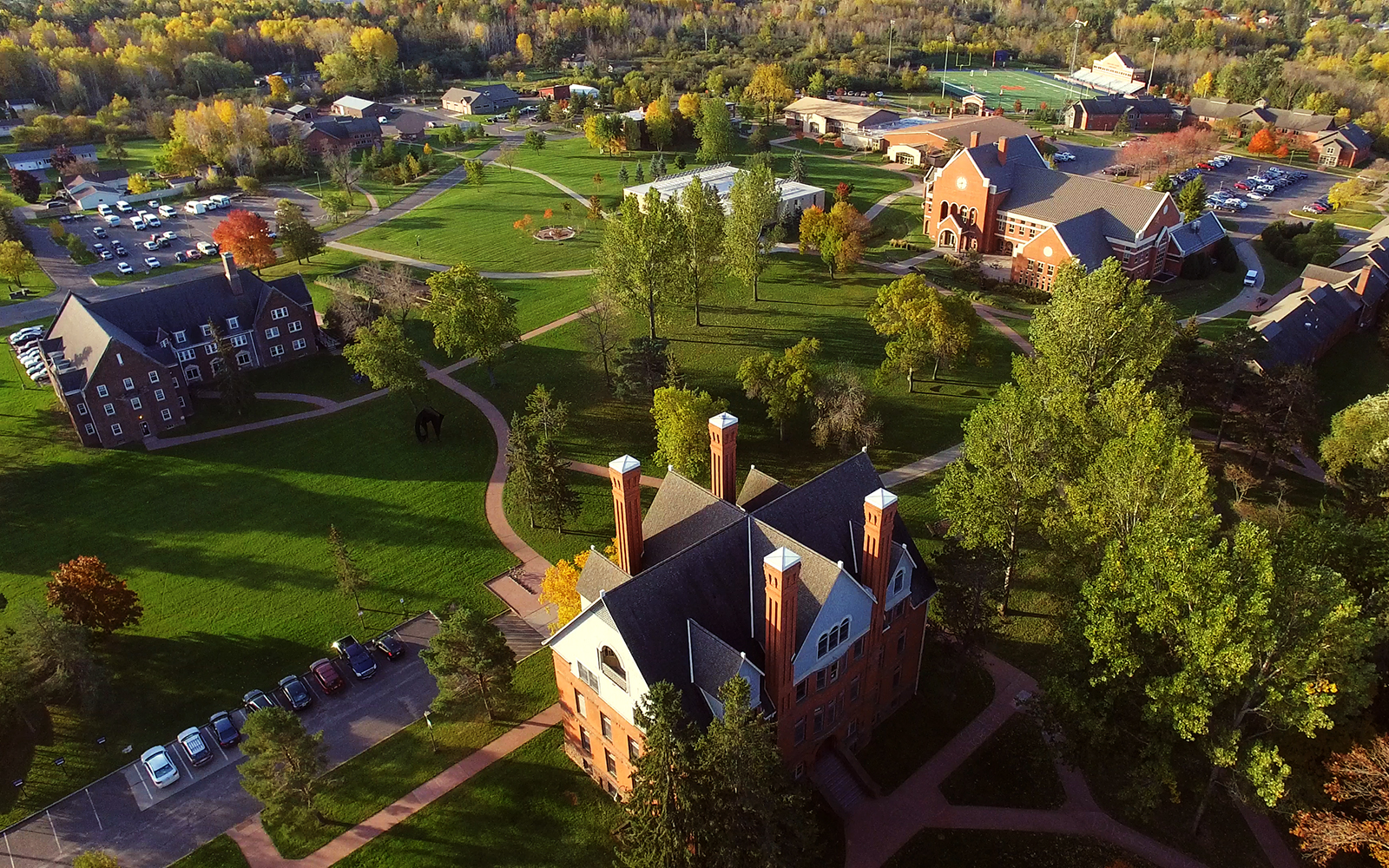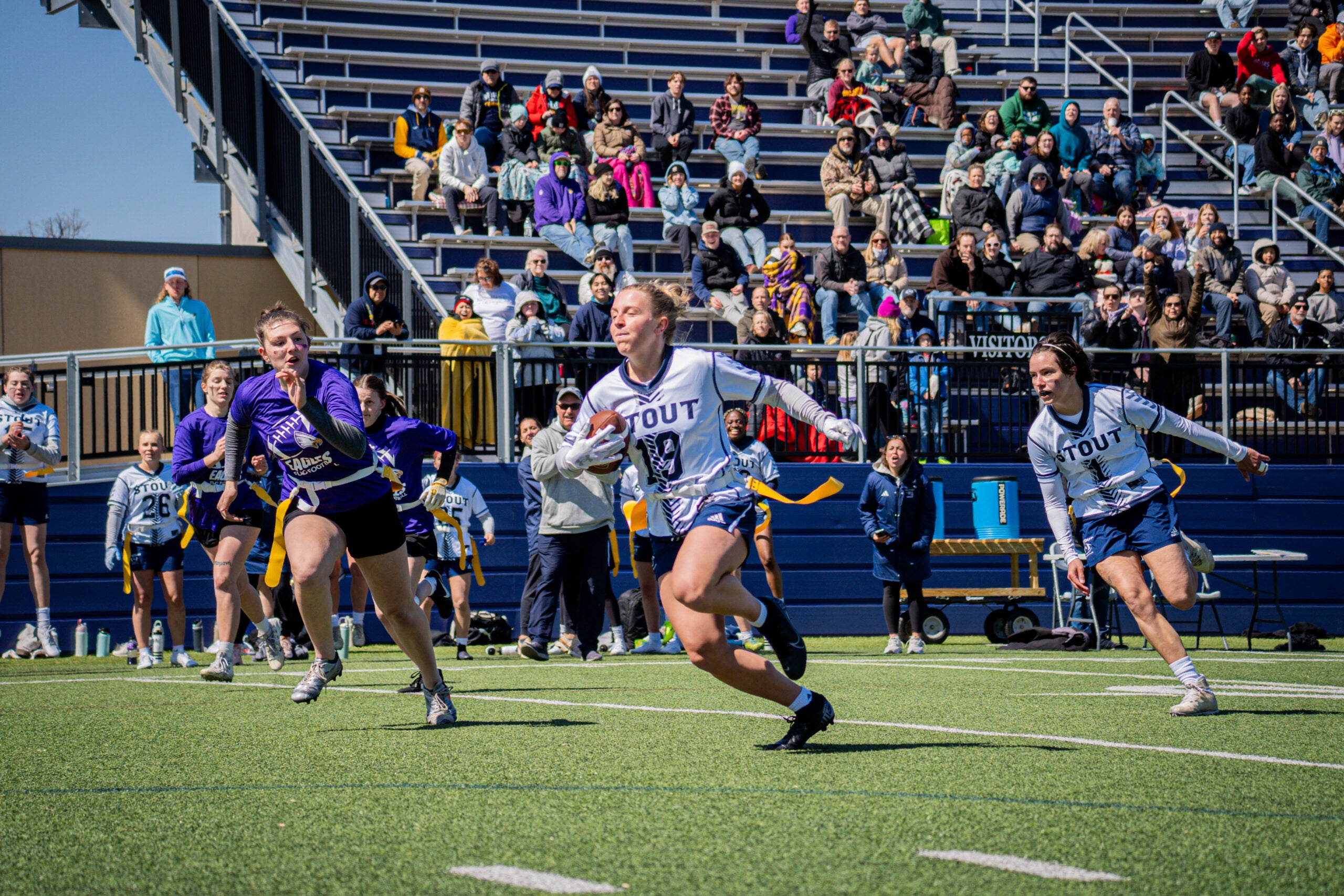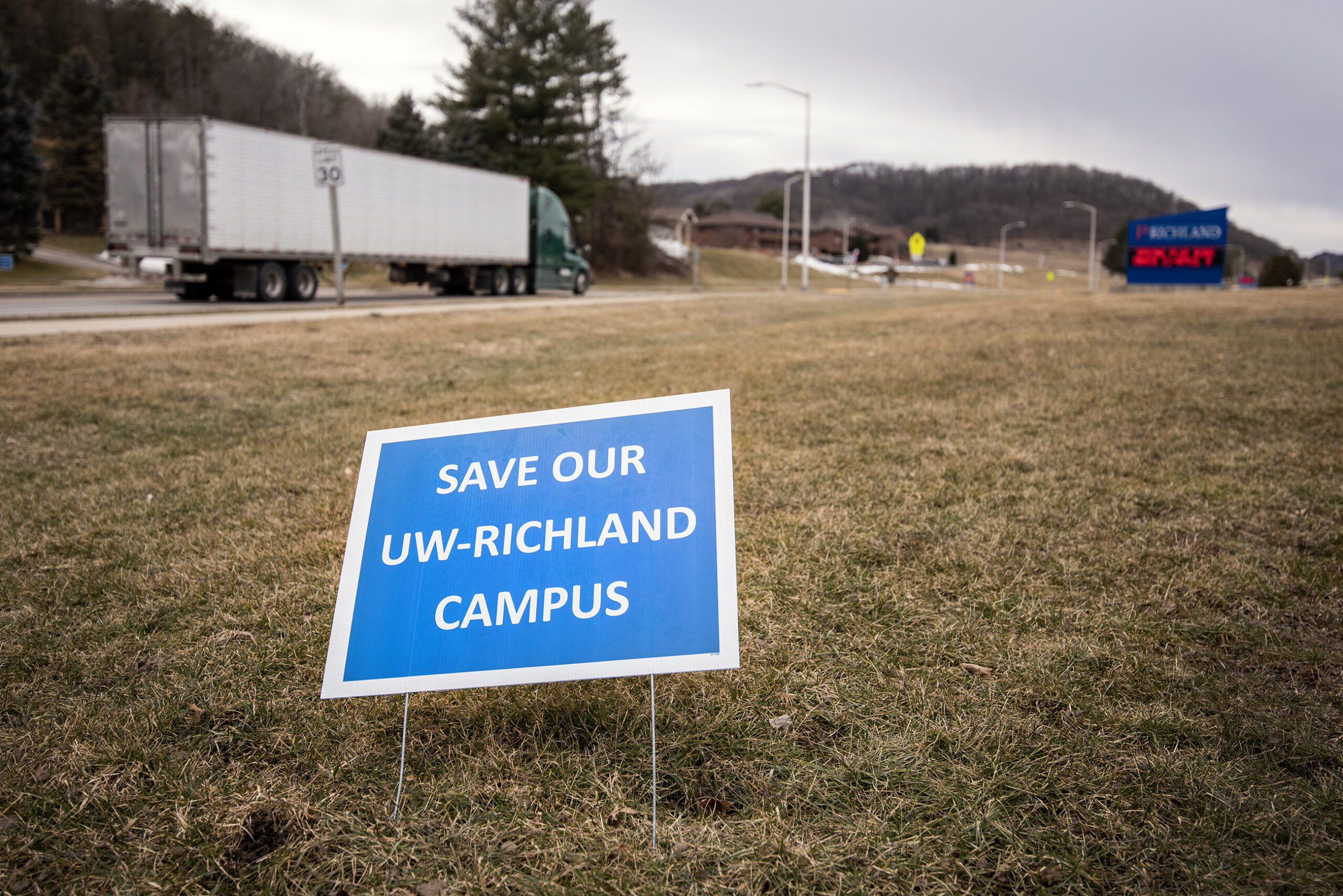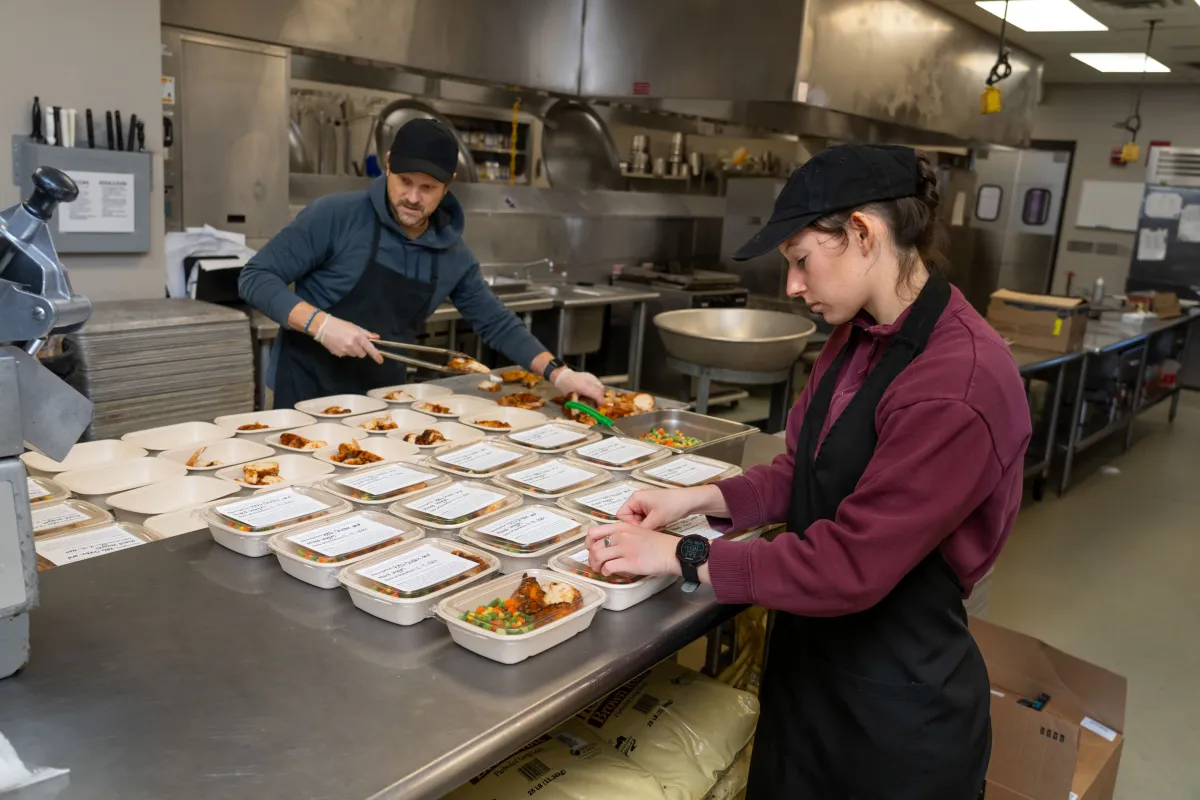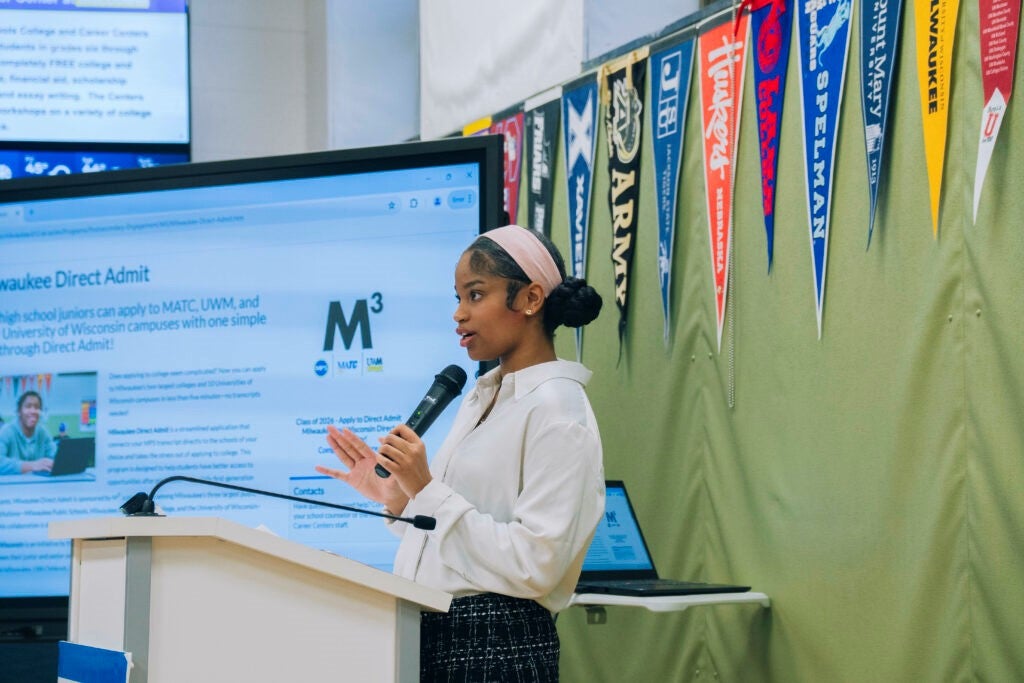As a teenager in Milwaukee, Terri Jones knew she wanted to go to college. She also knew it was going to be a pretty big leap for her as the first person in her family to pursue higher education.
In high school, Jones got a taste of campus life by participating in the Upward Bound program at the University of Wisconsin-Milwaukee. She also had a teacher who took her on campus tours at the University of Wisconsin-Whitewater, about 50 miles from home.
Jones told WPR these experiences gave her a feel for what it might be like to go to college and allowed her to imagine herself there. But she was still going to need a lot of support.
Stay informed on the latest news
Sign up for WPR’s email newsletter.
That help came from the King/Chávez Scholars Program, Jones said.
The King/Chávez Scholars Program, also known as KC Scholars, was launched by the late Dr. Roger Pulliam at UW-Whitewater in 1997 to support incoming freshmen from diverse backgrounds with financial need. The program is also merit-based, requiring a GPA of at least 3.0.
Jones opted to attend UW-Whitewater, where more than one-third of the student body is first-generation, meaning neither of their parents earned a college degree. KC Scholars is designed to bridge the gap for these students and help them navigate the ins and outs of college life, which can be especially difficult for first-gen students.
KC Scholars is also a valuable resource for students of color, who don’t have the same rates of college access and graduation as their white peers. In Wisconsin, 12 percent of residents are Black, but only about 3 percent of students in the Universities of Wisconsin system are Black.
Black women succeed in college by creating community, new book posits
Rachelle Winkle-Wagner, an education studies professor at UW-Madison, holds up KC Scholars as a model for how universities can work to address racial disparities.
“It’s just one example … of a program that is working really well and ‘walking the walk’ in terms of helping students come to campus and be successful on campus,” she said.
Winkle-Wagner is the author of a new book that features interviews with dozens of Black women who attended college between 1954 and 2014. The stories in the book show that throughout history, Black women have found ways to succeed in college despite racism, misogyny and other social and institutional barriers.
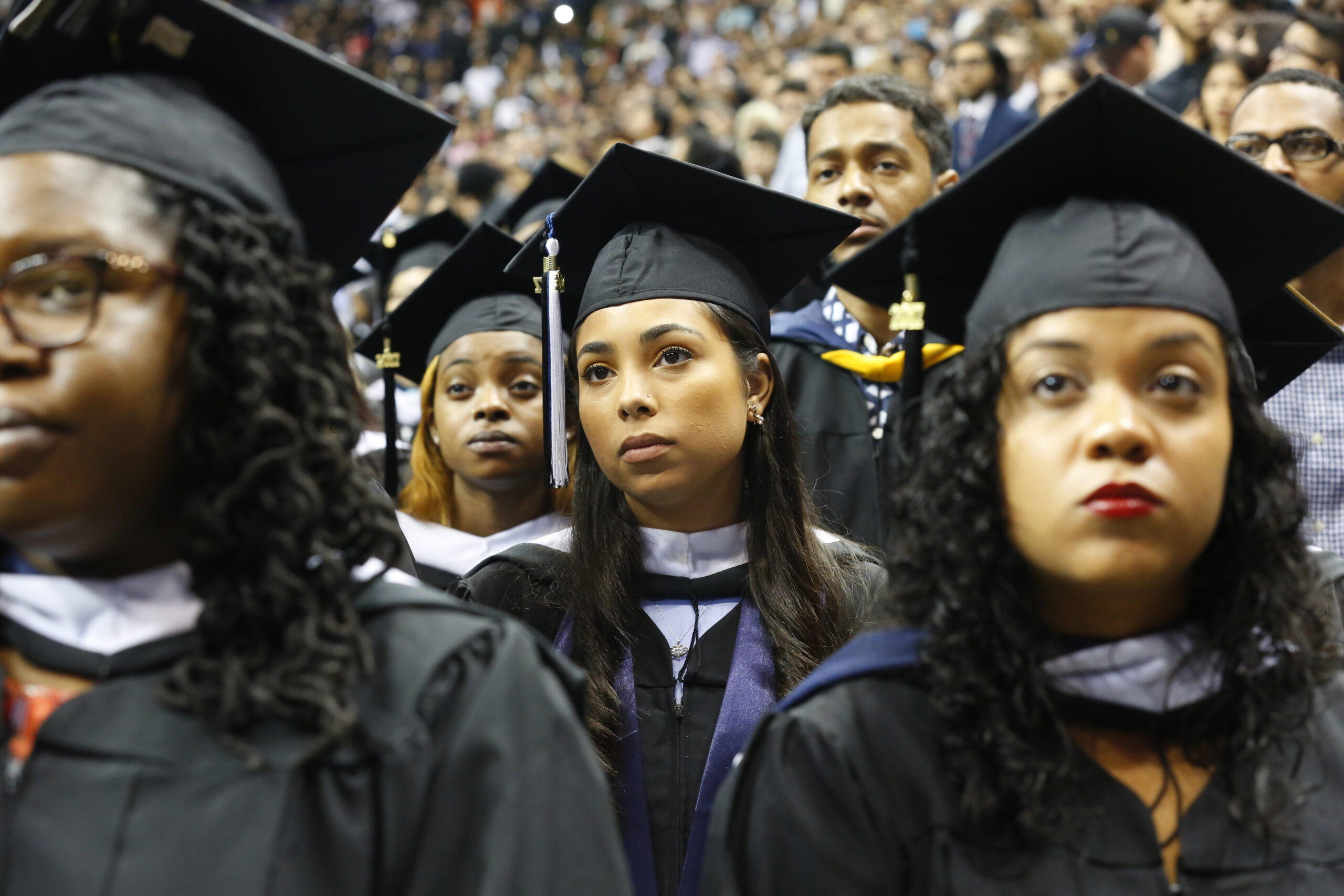
The key to their success? Creating community and lifting each other up.
Winkle-Wagner said she heard story after story about women forming Black sororities, student unions, study groups and friendships that sustained them through college and beyond. In many cases, these women were some of only a few Black students on campus.
“Black women were finding or engaging in communities with other Black women over time and space,” Winkle-Wagner said recently on WPR’s “Wisconsin Today.” “That’s really the number one way that they have thrived.”
But while the Black women in the book cherished these small communities as a lifeline, Winkle-Wagner emphasized that systemic change is needed to level the playing field.
“We (should) offer support to Black women societally and institutionally, so that they aren’t the only ones supporting each other and themselves,” she said. That’s where programs like the KC Scholars come in.
UW-Whitewater program centers students’ academic success and personal development
When Terri Jones started her college career at UW-Whitewater, she was a broadcast journalism major and dreamed of being a sportscaster on ESPN. She credits KC Scholars with helping her finish her bachelor’s degree and go on to get a master’s. Now, more than 20 years later, she is a program coordinator for KC Scholars. She calls herself a success story for the program.
“I’m a living, breathing example of that success,” she said. “Being a first-gen, being able to come to college and get my bachelor’s degree, being able to go right in and get my master’s degree — (it’s) because I had these specific mentors and this program to encourage me.”
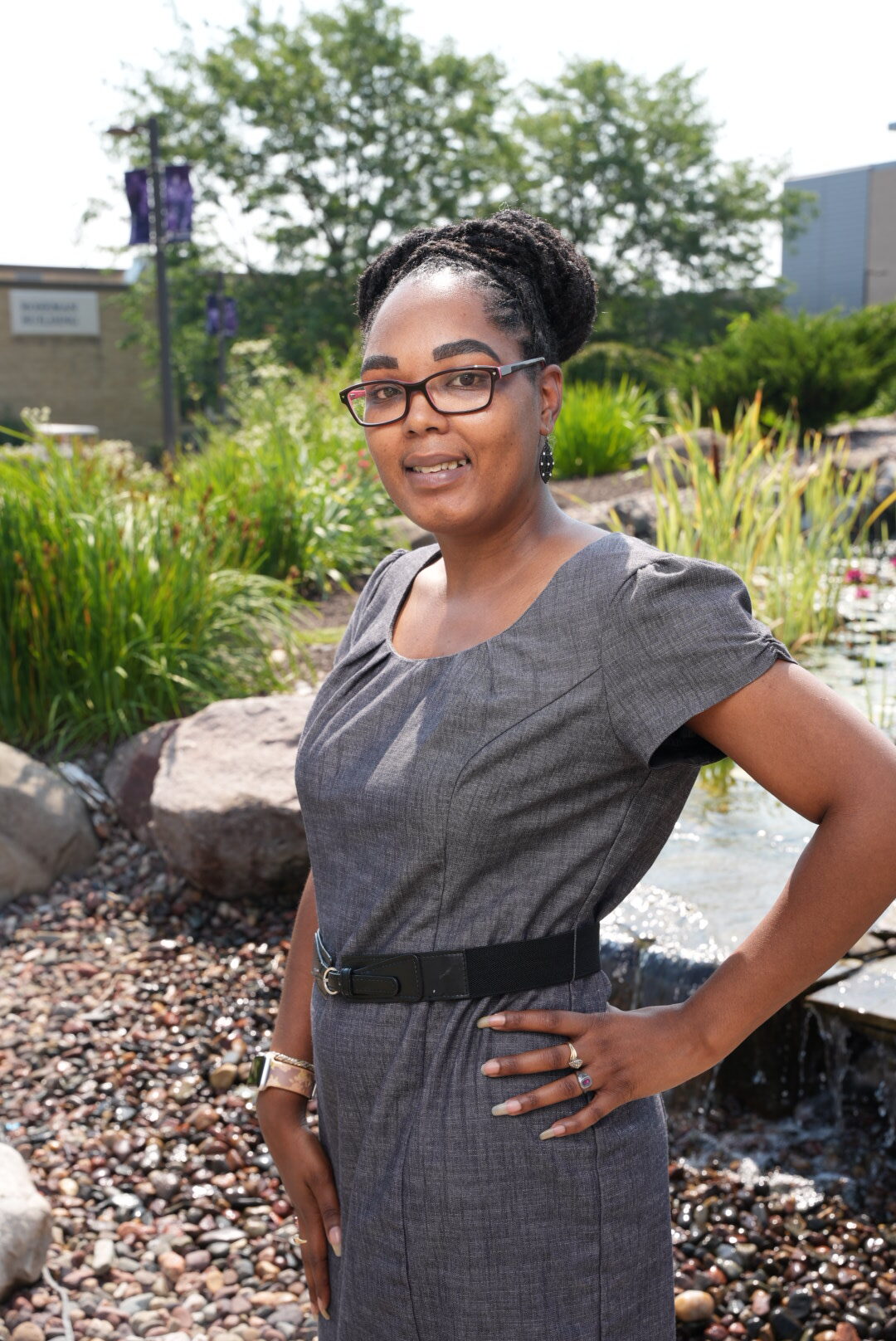
Right now, Jones is getting ready for “transition week,” when incoming KC Scholars students arrive at the dorms early to get acclimated before the school year begins. They also take workshops on financial aid, academic schedules and study skills.
Though students are only enrolled in the program for one year, Jones said the community and mentorships continue through the students’ college careers and into their lives as alumni.
“Once a King/Chávez scholar, always a King/Chávez scholar,” she said.
KC Scholars is currently hoping to expand into a four-year program, but challenges with staffing and funding could delay that goal. The program primarily relies on charitable giving and alumni support to keep it afloat.
For Jones, who considers herself an “auntie” in the program, KC Scholars is about encouraging students and helping them with personal growth along with academic progress.
“Our goal is always to engage the students, enhance them, and transform them into a better person than they were when they came here,” Jones said.
